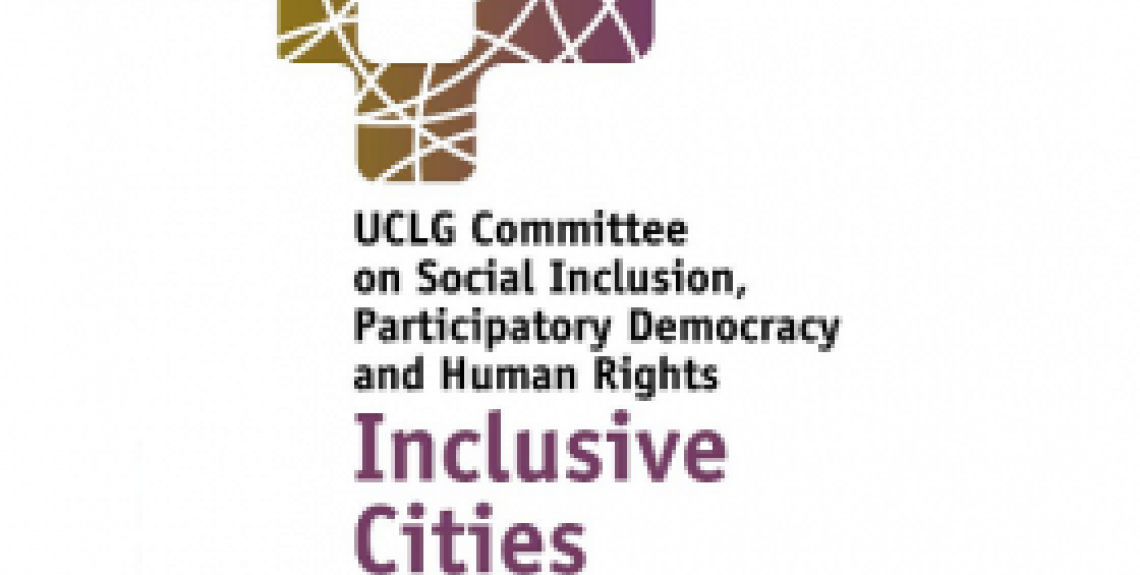The organisation of Brazilian health services has traditionally been symptom-based and focused on individual medical and curative interventions. However, by effectively contributing to improving the population's quality of life, the Eighth National Conference on Health (1986) set the development of health promotion strategies based on a broad-based and positive concept of health. The role of physical education and its possible contribution to this new social process for fostering health was restored. Implemented since 2002, the City Academy Programme (CAP) is a policy for promoting health in the areas of physical activity, leisure and advice on healthy diets, and aims to implement its projects in health facilities and reclassified public spaces known as poles or centres.
Objectives: the promotion of health and participatory democracy
CAP’s main objectives are to encourage the population to adopt healthy lifestyles and to foster public leisure spaces based on principles of access, social inclusion, experience and public participation in the construction of local health policy. The activities undertaken include varied physical activities such as games, dance, gymnastics, sports and physical as well as nutritional assessment, lectures, seminars, discussion groups, and participation in Participatory Budgeting, in municipal conferences, and discussion forums, among other activities. In addition to the initiatives carried out in the centres, some activities are undertaken within the communities organised by the Family Health Strategy and in the Psychosocial Support Centres. Estimates suggest that an average of 60,000 people a month visit the 21 centres of the Programme. Making this Programme into something that is part of everyday life has involved the participation of various agents.
Participatory democracy is promoted by encouraging CAP users to form part of an organisation, based on meetings and discussion groups in the facilities used by the project, in order to represent the interests of the group in the decisions approved in plenary sessions. The democratic system in Brazil has led to the implementation of another instrument for participation and shared decision-making : participatory budgeting. This type of organisation enables citizens to elect their representatives in open plenary sessions, and allows them to vote according to their main interests, on the use of the public resources in their communities in various areas: health, education, works, free time, culture, etc.
Implementation and funding
The process for implementing CAP in communities is based on the following criteria: that CAP has participated in Conferences; that CAP has been chosen as a priority in the community’s Participatory Budgeting; that CAP is located in regions with Special Zones of Social Interest; that CAP is located in a region with some health network coverage and that the execution of the works for redesigning the public space are technically feasible. Until 2009, CAP was completely financed by Recife City Council, and from 2010 onwards, the Programme is being extended in cooperation with the Government of the State of Pernambuco.
Results
As well as the positive results obtained in the city of Recife, it is important to emphasise the recognition that the City Academy Programme has received nationally and internationally. Despite the major and significant progress made, there are nevertheless still some difficulties in all the processes, as bringing together the various interests also entails facing the need to mediate in conflicts, which is not an easy task. The reinforcement of social participation and individual autonomy are basic aspects of this project, which changes the logic of health care interventions and guarantees citizens' social inclusion.
Click here to see the whole study.


